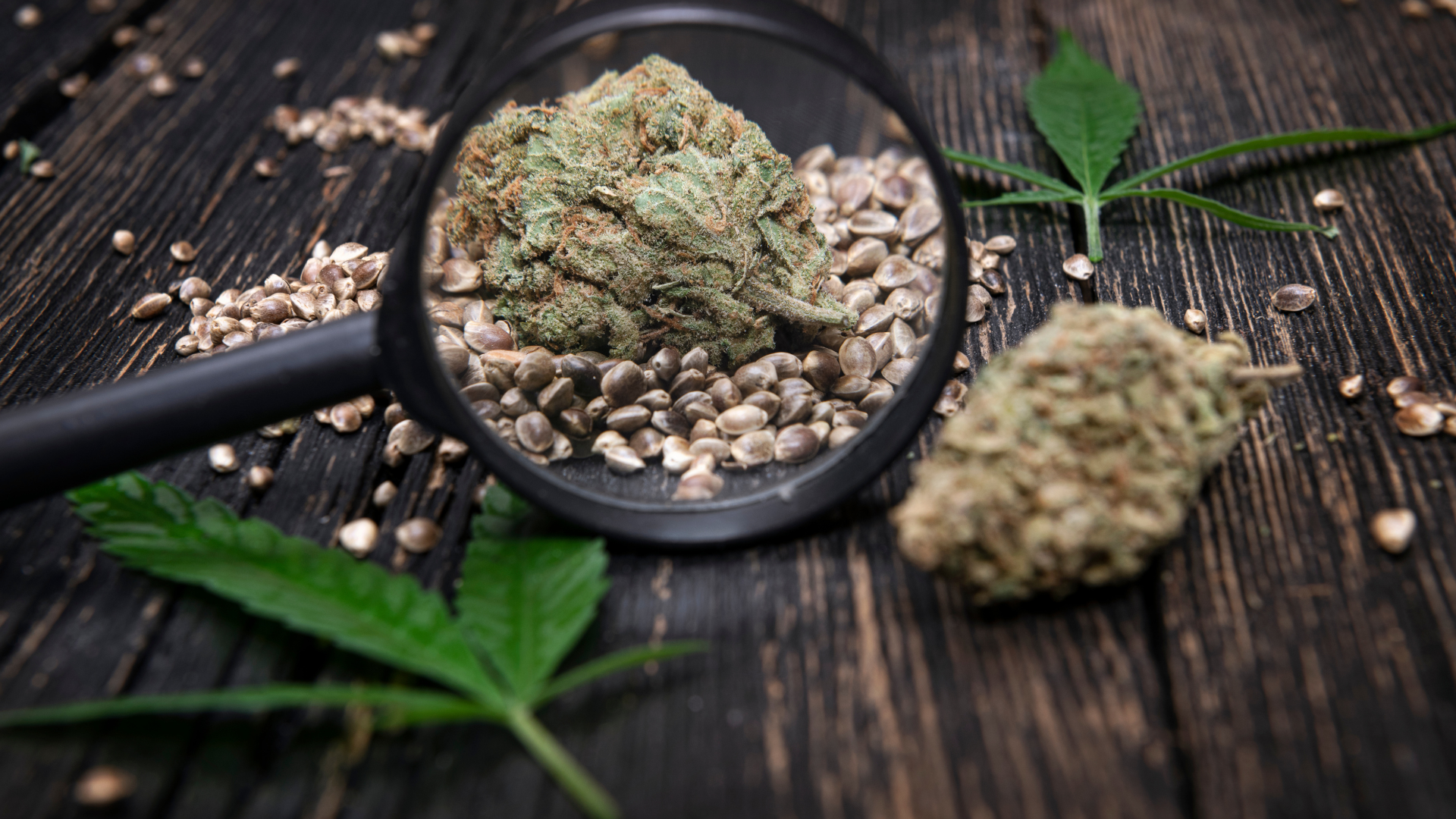
Attention Deficit Hyperactivity Disorder (ADHD) affects millions of people worldwide, making it one of the most common neurodevelopmental disorders. It can be challenging to manage symptoms such as impulsivity, hyperactivity, and inattention with traditional treatments alone.
However, there is growing evidence that medical marijuana could provide a viable alternative for individuals struggling with ADHD.
In this blog post, we will explore the potential benefits and risks of using cannabis as a treatment option for ADHD and what recent research has shown us about its effectiveness. So sit tight as we dive into the world of medical marijuana for ADHD!
What is ADHD?
ADHD, or Attention Deficit Hyperactivity Disorder, is a neurological disorder that affects roughly 5% of the world’s population. While there is no cure for ADHD, there are treatments that can help manage the symptoms. These medications can have side effects like anxiety and insomnia.
Medical marijuana is an effective treatment for ADHD without the negative side effects of stimulant medications. Cannabis can help improve focus, reduce hyperactivity, and increase concentration. CBD oil is especially beneficial as it does not have the psychoactive effects of THC.
Along with medical treatments, lifestyle changes can help those with ADHD manage their symptoms. Exercise, healthy eating, and getting enough sleep are all important steps to take when managing ADHD. Mindfulness activities such as yoga, tai chi, and meditation can also be beneficial.
The Link Between ADHD and Medical Marijuana
Although the use of medical marijuana for ADHD is not yet backed by science, many anecdotal reports suggest that it can be an effective treatment for the condition. Some people with ADHD find that marijuana helps to improve their focus and concentration, as well as reduce impulsivity and hyperactivity.
There is still much research to be done on the potential link between ADHD and medical marijuana, but the current evidence suggests that it could be a promising treatment option for some people with the condition.
It is important to note, however, that medical marijuana should never be used without the recommendation and supervision of a qualified healthcare provider. Additionally, it is important to note the possible risks associated with using marijuana, including the potential for addiction and other negative side effects.
Pros and Cons of Using Medical Marijuana for ADHD
There are several pros and cons to using medical marijuana for ADHD. Some of the pros include that medical marijuana can help to reduce anxiety and hyperactivity in people with ADHD, it can improve focus and concentration, and it can also help to improve sleep.
Additionally, medical marijuana is relatively safe when compared to other medications used to treat ADHD, with a low risk of overdose or serious side effects. However, there are also some potential drawbacks to using medical marijuana for ADHD.
These include the fact that it is not FDA-approved for treating this condition, so there is limited research on its effectiveness. Additionally, marijuana can have some psychoactive effects which could worsen symptoms in some people with ADHD.
Finally, it is important to note that medical marijuana is still illegal in many states, so access may be limited.
How to Get Medical Marijuana for ADHD
If your loved one has been diagnosed with ADHD, you may be wondering if medical marijuana can help. While there is no cure for ADHD, medical marijuana has been shown to help improve symptoms in some people.
There are a few things to keep in mind if you’re considering medical marijuana for ADHD treatment. First, it’s important to talk to your doctor about whether it’s right for your loved one and to understand the risks and potential side effects. This also involves considerations regarding the method of consumption, as different methods can have varying effects and efficiencies.
As an example, using a bong allows for direct inhalation, which can provide quick relief from certain symptoms due to the rapid absorption of cannabinoids into the bloodstream through the lungs. Additionally, bongs typically use water to cool and filter the smoke, which makes inhalation smoother compared to other forms of smoking. If you have a loved one who could benefit from medical marijuana for ADHD, gifting them a high-quality bong, such as this percolator bong, could be a thoughtful gesture to support their treatment and well-being. Just be sure your loved one knows how to use it properly, including understanding how to fill a double perc bong, if applicable, for maximum filtration and cooling. This ensures they can enjoy a smoother, more comfortable experience with each use.
If you have decided to try medical marijuana for ADHD, there are a few ways to get it. You can grow your cannabis plants, get it from a friend or family member who grows their own or buy it from a dispensary. Dispensaries are businesses that sell cannabis products legally.
Make sure you do your research before buying cannabis from a dispensary. Not all dispensaries sell high-quality products. Some may even sell products that aren’t safe to use. Opting for medical marijuana as part of your ADHD medication regimen requires careful consideration and guidance, preferably from a healthcare provider knowledgeable in cannabis treatments. Additionally, it’s essential to verify the legal status of cannabis in your area and choose dispensaries that are reputable (like the one linked here) and compliant with local regulations.
Marijuana dispensaries can offer much more than just the sale of legal cannabis products. They often serve as valuable educational resources for patients, providing information on the different strains, consumption methods, dosages, potential benefits and risks associated with cannabis use. This empowers patients to make informed decisions about their treatment. Additionally, many dispensaries act as hubs, connecting patients with other healthcare resources and support networks. This can include referrals to healthcare professionals specializing in medical cannabis, support groups or online communities.
And lastly, some dispensaries may even offer complementary or alternative therapies alongside cannabis products, such as acupuncture, massage therapy, or yoga classes. These holistic approaches can support patients in managing their overall health and well-being. If you happen to live in the vicinity of this marijuana dispensary emeryville, it may be worth checking it out to explore the various resources and services it can provide. Alternatively, you can explore other dispensaries in your local area.
Remember that if you want to try medical marijuana for ADHD, it’ll be a good idea to first talk to your doctor and then, you can do your research to find a safe and reputable source for it.
So, the use of medical marijuana for ADHD is a highly debated subject with no clear answer. On one hand, there are potential benefits in terms of symptom relief and improved quality of life. On the other, long-term research is needed to understand the risks associated with using this drug regularly.
Ultimately, it’s important to discuss your options carefully with your healthcare provider before making any decisions about treatment plans involving medical marijuana for ADHD.



